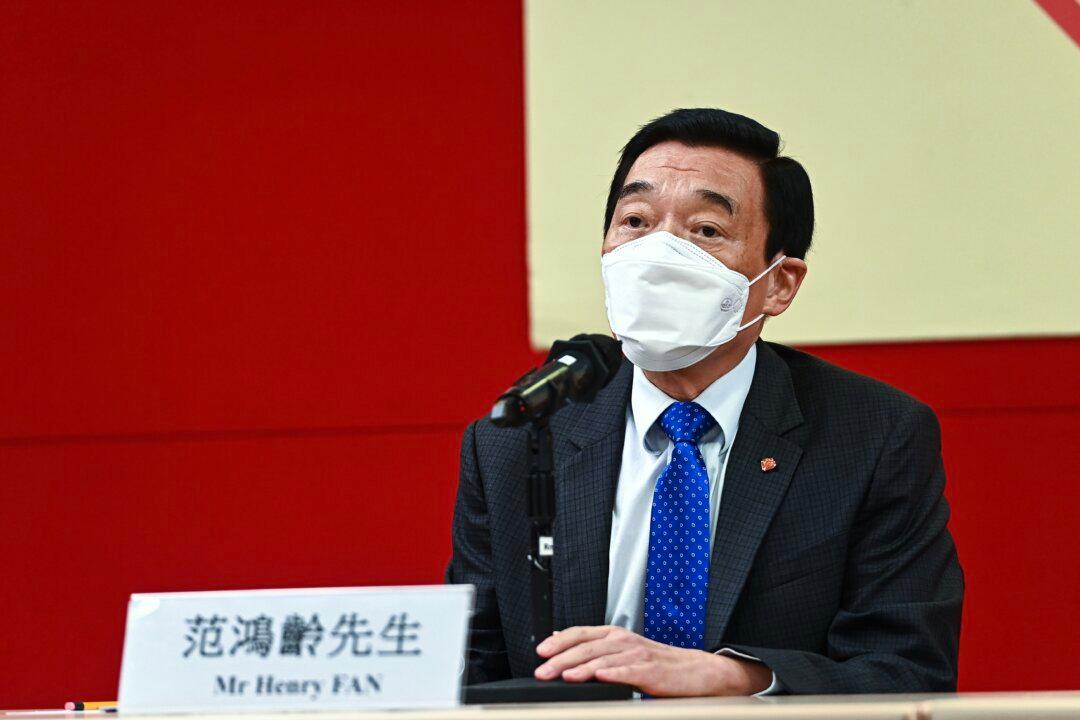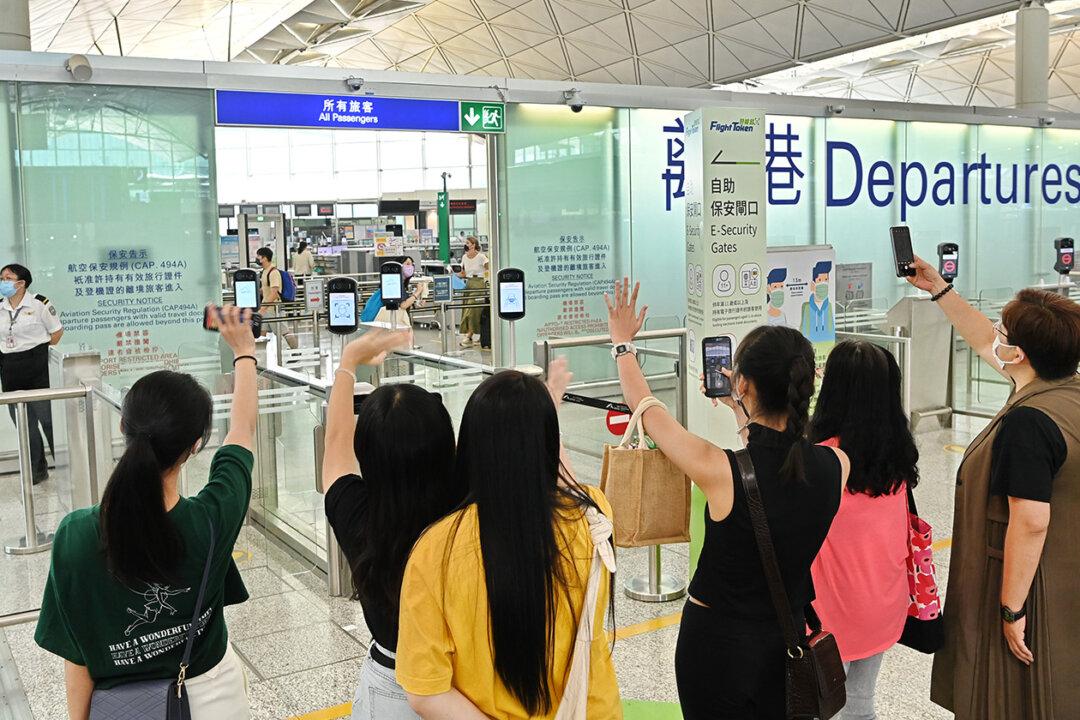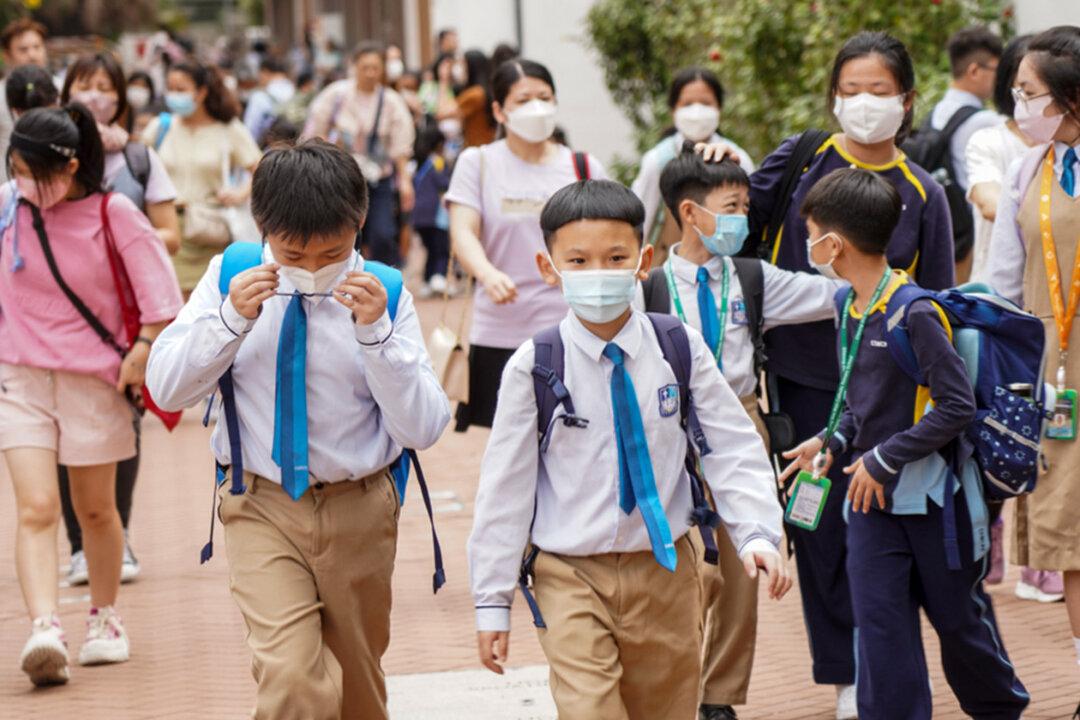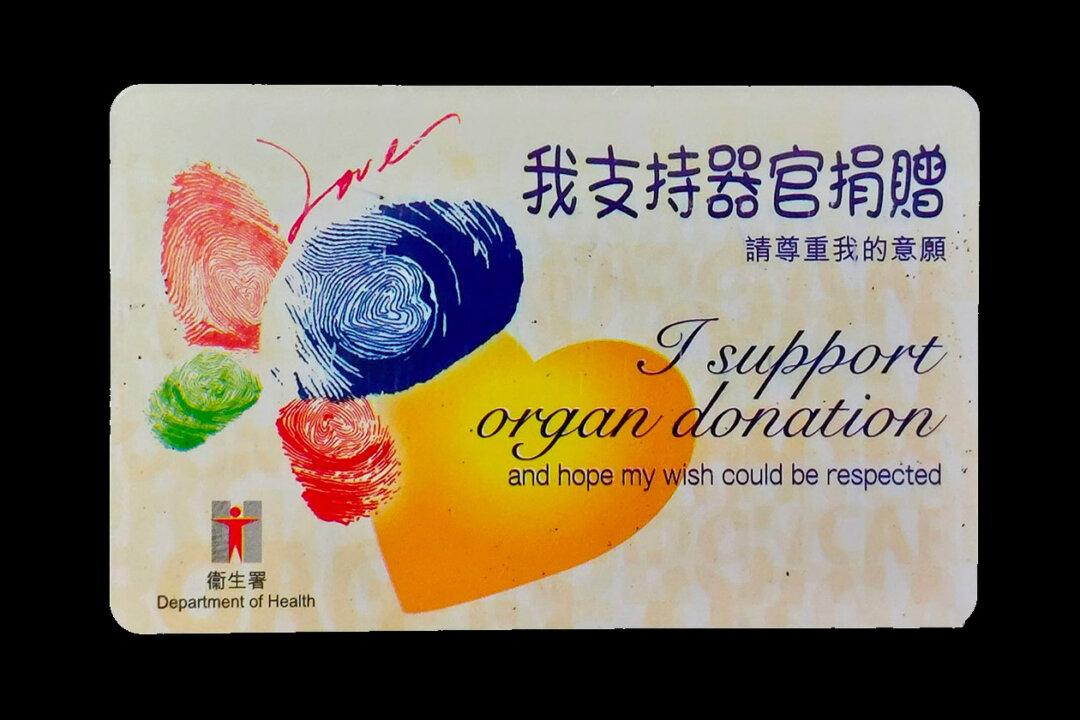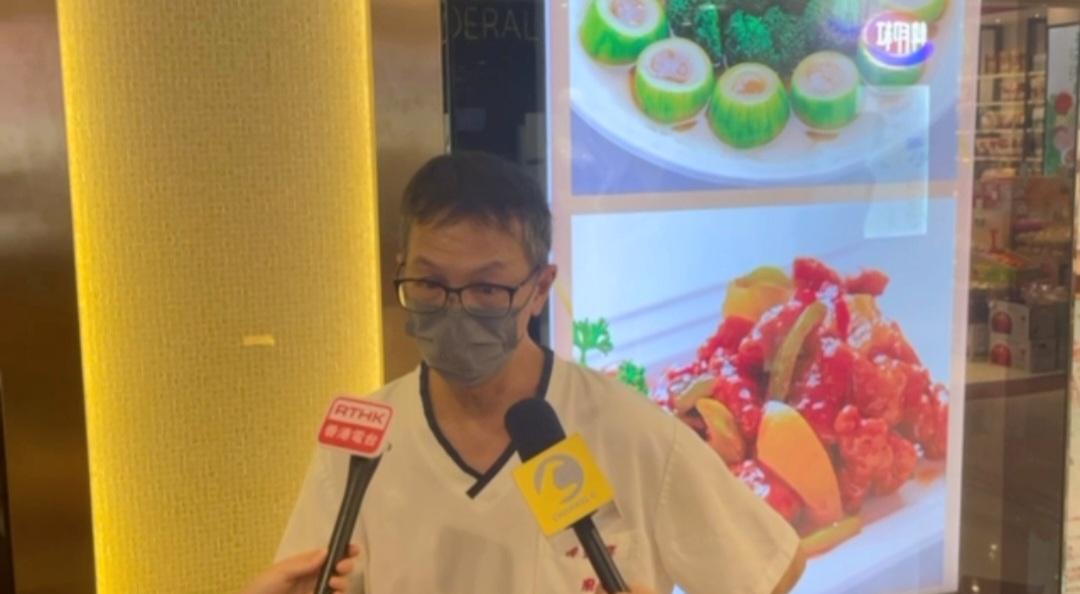In recent years, there has been a wave of emigration from Hong Kong, and a large number of talents have been lost from all occupations. The Hong Kong Hospital Authority (HA) said on June 23, 2022 that there is a shortage of medical care staff in Hong Kong. To date about 10 percent of the staff has been lost. To remedy that, in the second half of 2022 it plans to launch the “Greater Bay Area Doctor Exchange Programme” and introduce senior doctors from mainland China. It is expected that the first batch will be for 5 to 10 doctors. However, some front-line public hospital nurses have criticised that the measures will not help in solving the current problem of front-line medical staff shortage. Instead, they say the HA should improve the working conditions at public hospitals and reexamine the salary structure of the rank-and-file medical staff.
Since April 2021, about 500 public hospital doctors have resigned, accounting for 7.9 percent of the total in this grade; at the same time, 2,600 public hospital nurses have resigned, a turnover rate of 9.5 percent. According to the Health Manpower Projection for 2020 released by the government earlier, it is estimated that by 2030, Hong Kong will lack about 1,600 doctors, and by 2040, the shortage will grow to more than 1,900. When the said projection was released, Hong Kong had not yet experienced the current large-scale wave of emigration.
